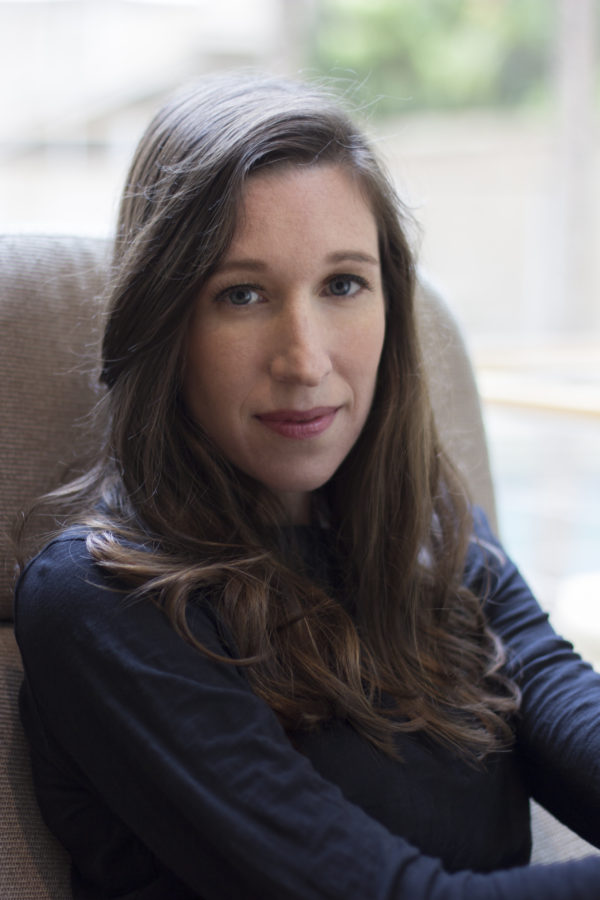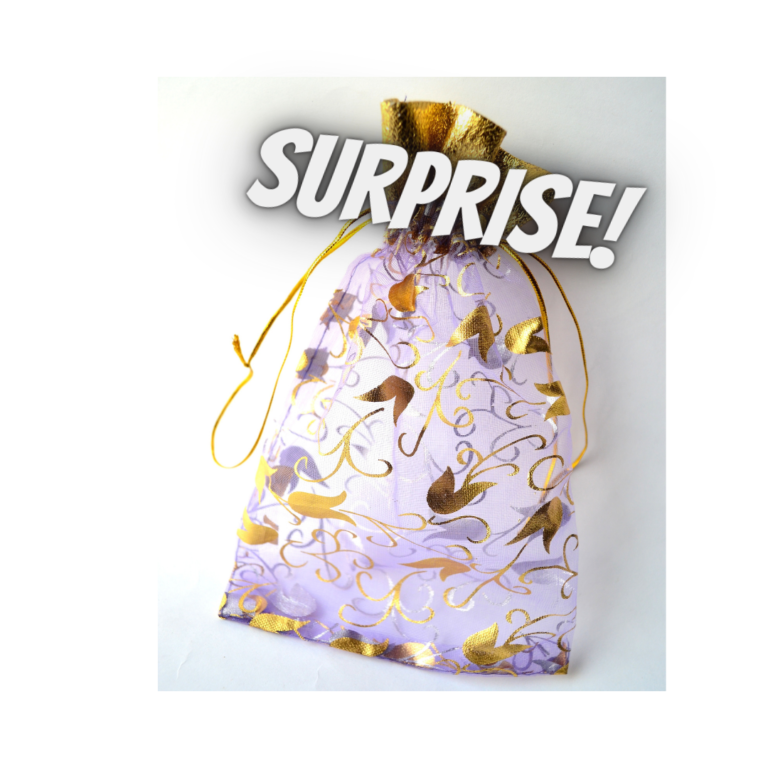
A few weeks ago, I wrote about emotion versus knowledge in storytelling, noting that writers can look up any facts they need.
But how do you get the facts besides using Google?
Personal Experience: If what you’re writing is based on your lived experience, including setting and secondary characters, you won’t have much research to do.
You know more than you think you do.
Observation: On the other hand, if you’re writing about boys and you’re not one, it pays to research them through observation because they often have different mannerisms to girls.
And kids in general often have different mannerisms to adults.
Observation works, too, if you’re writing about animals, people living in big (or small) cities, people in various professions, etc.
Watch how people carry themselves in a big city versus a small one, or how a lawyer versus a construction worker approaches a receptionist.
Notice how dogs move differently off leash versus on, or how a sparrow versus a hawk settles onto a tree branch.
Imagination: If you’re writing a fantasy novel or about a made-up town, the sky’s the limit as far as creating the setting and the people within it.
No one will know if you get a detail “wrong”because the world you’re creating is all yours. (Just be careful of overbuilding and telling the reader everything you’ve created because you’re just so darned amazed by it.)
Good old-fashioned research: If you find yourself writing about Shanghai and have never been and can’t manage a trip at the moment, get yourself to the library.
Google is fine for quick details, but to really get a feel for a place or a profession or a situation, non-fiction books are much better.
You can keep them by your side for handy reference.
Children’s non-fiction books are super for this because they’re so concise and you won’t feel overwhelmed.
The reference books you choose will become your anchor books while you’re writing.
An anchor book is one book (at most, two) that you can refer to for providing solid, well-researched, facts.
They prevent you from going down rabbit holes—on Google or elsewhere—and losing the magic as you’re writing.
I wrote a book that involved feather fishing lures.
I barely eat fish, never mind catch them.
I was able to find a lot of information online.
Then a writers’ group friend of mine told me about a book called The Feather Heist and my whole world expanded, as did my characters’ world.
My anchor book!
Using your knowledge:
But how do you know what facts are important and which are overburdening the reader?
On one end of the spectrum, you have an encyclopedia, aka a fact cake.

On the other end you have a bunch of characters wandering around your novel without grass under their feet.
You know, like those paintings you used to do in kindergarten where your family was front and center…but they were just floating without any ground under them or background behind them?
The sweet spot is the seamless weaving of interesting details that adds to the reading experience.
Using all the facts you’ve unearthed leads to the dreaded fact cake, boring readers with unimportant—although possibly interesting—details.
You’re going for richness and enhancement not a full-on barrage of facts.

If a detail doesn’t serve The Story, take it out.
Remember Chekhov’s gun theory?
If you have a gun in scene one, it better go off by the end of the novel.

That’s a good rule of thumb when writing details.
If a detail or fact isn’t important to the plot or character development, don’t use it.
It can seem like there are a lot of rules to remember.
But don’t let it stop you from writing your story.
These rules will become second nature.
It’s like grammar—a lot of rules, but then you just get a feeling for what sounds right.
Most importantly, write your story.
Toss unnecessary details later.
Have a great week.
~ Gail
(Tick tock)
Before you go, don’t forget to sign up for my mailing list, below:





